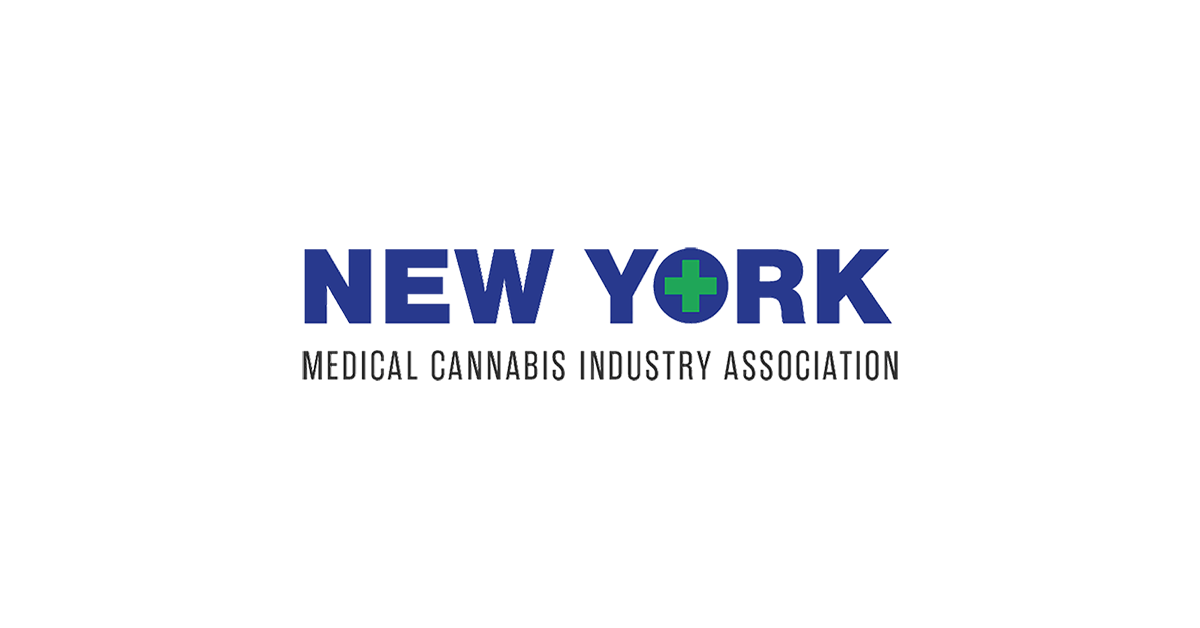What We Support
The Association’s members have been committed to providing patients with high-quality, medical-grade cannabis products and ensuring an equitable, sustainable cannabis market in New York. The Association played a key role in securing the passage of New York’s Marijuana Regulation and Taxation Act (MRTA), and since then, has worked with the Office of Cannabis Management, the Cannabis Control Board, and elected officials to enact meaningful legislative and regulatory changes to improve New York’s cannabis programs for patients and consumers.
Underpinning our efforts is the need to combat the illicit market, which remains a threat to the business of legal operators, and to the health and safety of medical patients and adult-use consumers alike. For more information about the harm and dangers of the illicit market, please read NY Illicit Cannabis Market Design report.
Priorities include:
2025 LEGISLATIVE AGENDA
SUPPORT: Allow For Out-Of-State Reciprocity: (s. 1023, Cooney; a.8321, Paulin)
Allowing access to medical-grade products for out-of-state patients who find themselves in New York will only increase the accessibility of the medical program for those who need it. States like Nevada, Michigan, Ohio, and Missouri already allow reciprocity with other states’ medical cannabis programs. As New York is one of the most visited states in the country and has thousands of commuters entering the state for work each day, this bill would significantly improve the accessibility of the medical cannabis program.
SUPPORT: Authorize Insurance Coverage of Medical Cannabis: (s.2568, Cooney; a.4713, Peoples-Stokes)
For thousands of patients, medical cannabis is safer and more effective than traditional pharmaceuticals - especially opioids - but cost remains the primary barrier to patient access in the medical cannabis program. New York’s own government studied how medical cannabis access can reduce opioid use by 51%. Access to medical cannabis should not be limited to those who can pay out of pocket, especially when opioids are covered by insurance. This bill adds medical cannabis to four publicly funded health programs.
SUPPORT: Eliminate The Excise Tax on Medical Cannabis
Medical cannabis in New York is some of the most expensive and inaccessible in the country. With the still booming untaxed and unregulated illicit market and the adult-use market finally gaining steam, it's more important than ever to bring down the price of this medical alternative to addictive opioids and unregulated illicit cannabis.
SUPPORT: Pharmacist-Certified Patient Permission: (s. 6909, Skoufis; a.7795, McDonald)
Allow pharmacists who are employed by a Registered Organization to issue written certificates for cannabis products to patients. This will streamline the process to become a certified medical cannabis patient by allowing walk-ins to medical dispensaries to consult with the pharmacist on site to receive a recommendation the same day.
2025 REGULATORY AGENDA
Dispensary Expansion
Today there are just 31 medical cannabis dispensaries across New York, down from 40. The MRTA authorized each medical cannabis operator to double the number of the originally permitted 40 dispensaries to address medical cannabis deserts, but that has so far not occurred. Instead, dispensaries are closing and reducing their hours, facing a combination of market difficulties and regulatory challenges. NYMCIA will continue to work with the Office of Cannabis Management to fully implement the expansion of medical dispensaries but needs the support and investment of the state to ensure dispensaries are accessible for all patients.
Additional Registration of Medical Operators
The MRTA mandates that the Cannabis Control Board issue additional registrations to medical operators. NYMCIA fully supports this, as it will increase patients' access and affordability.
Transitioning Existing Medical Operators into the Adult-Use Market
The MRTA and adult-use cannabis regulations outline a clear process for medical operators to participate in the adult-use market – which will provide critical protections and stability to the fragile medical program.
One commonsense way to improve access in the adult-use market while also stabilizing the medical program is for the state to acknowledge that the $20 million licensing fee that Registered Organizations (ROs) are required to pay to make the transition to the adult-use market is no longer realistic or reflective of current market conditions. A more reasonable licensing fee, coupled with critical medical cannabis program reforms, would help stabilize the industry, support patient access, and create a balanced market where both adult-use consumers and medical patients can thrive.
As Ngiste Abebe, NYMCIA spokesperson, argued in a recent op-ed: "This decline is no accident — it’s the result of policy decisions that have made it nearly impossible for Registered Organizations (ROs) to sustain or grow their operations due to the prohibitively high license fee required to enter the adult-use market."
Abebe continued: “That fee — $20 million — is higher than what is charged by any other state. It is not established by law, but rather the result of the anti-RO ideology adopted by OCM’s previous leadership team. Ironically, the result of this misguided approach has prevented the ROs from funding equity programs and generating tax revenue that, by law, would be invested in communities disproportionately impacted by the war on drugs.”

